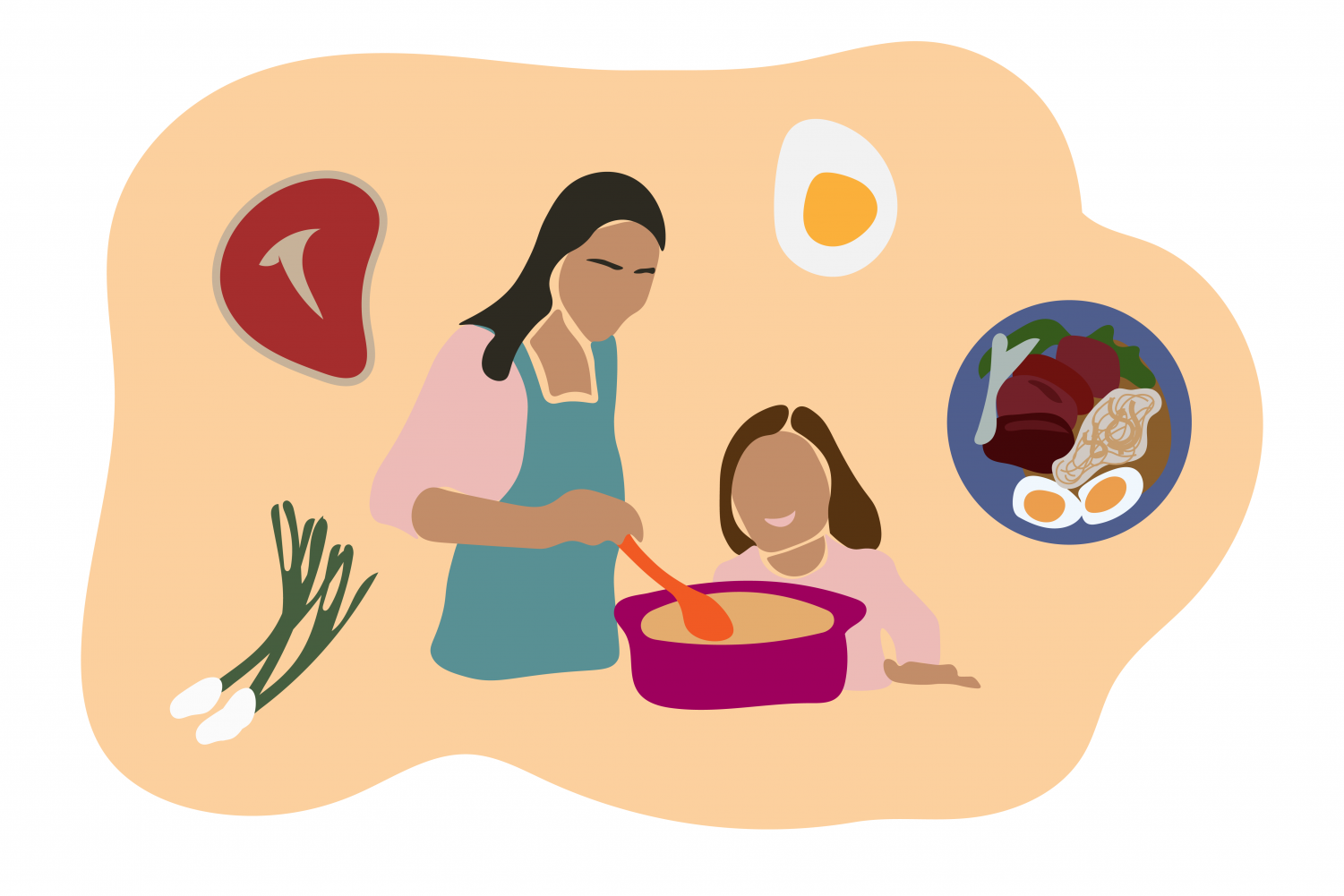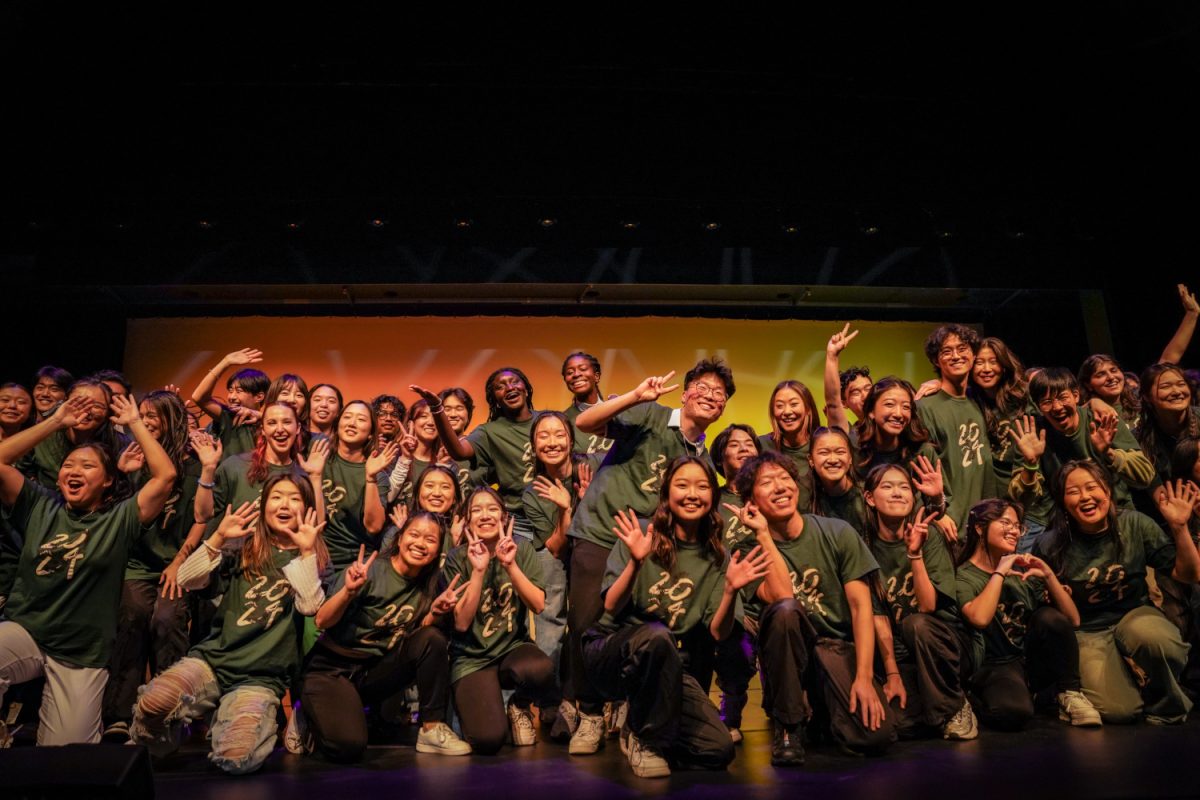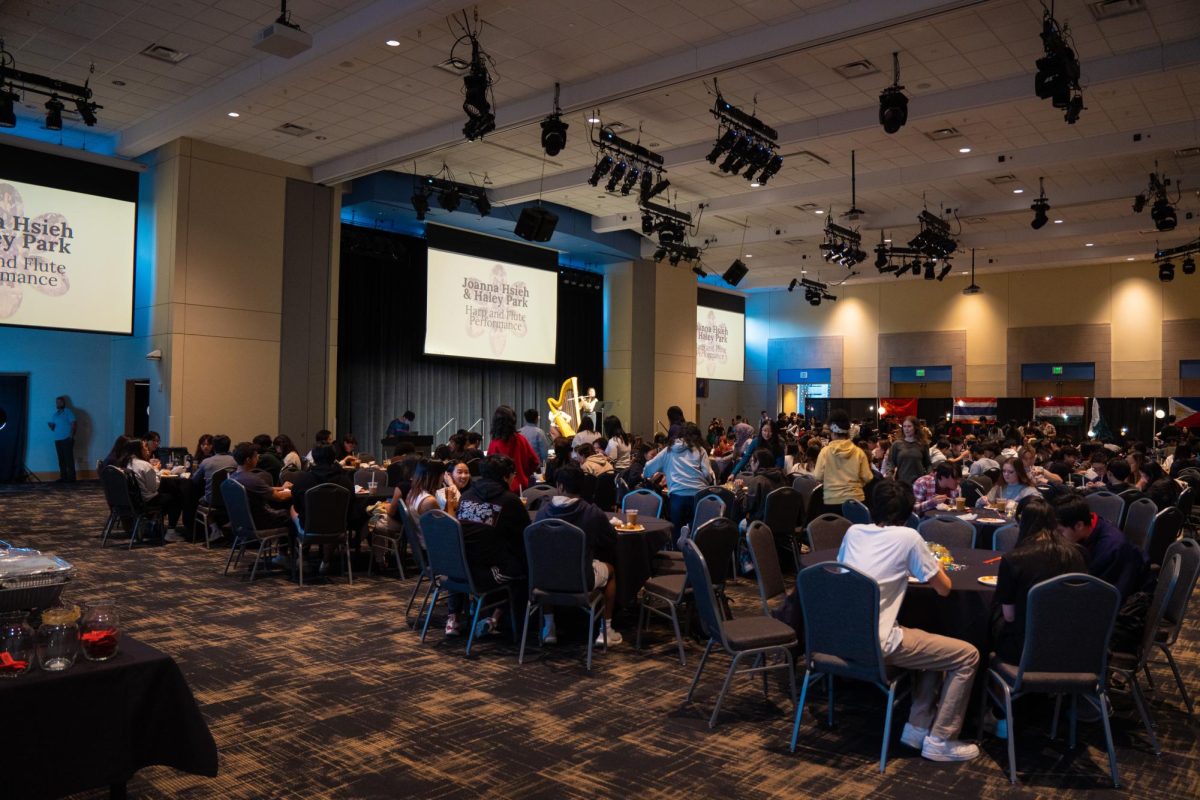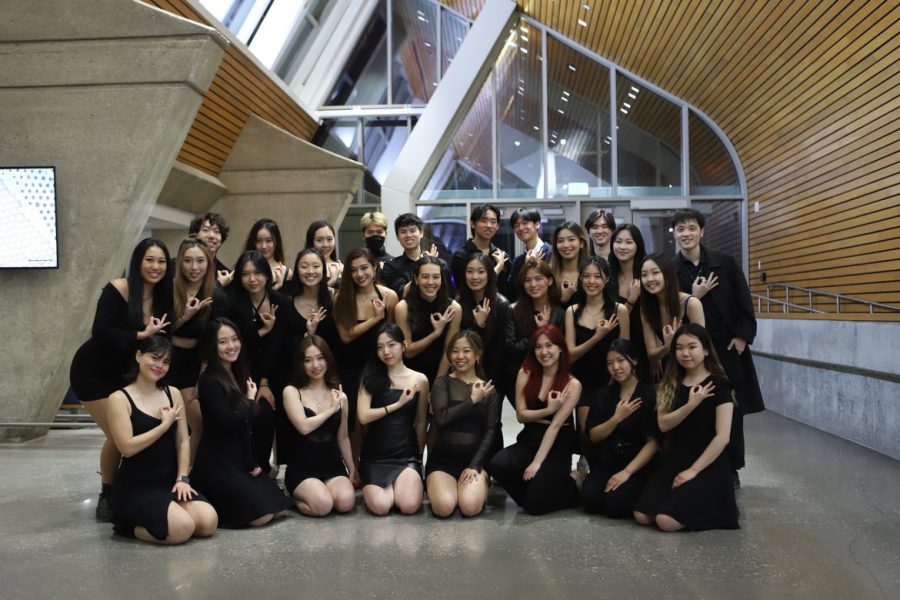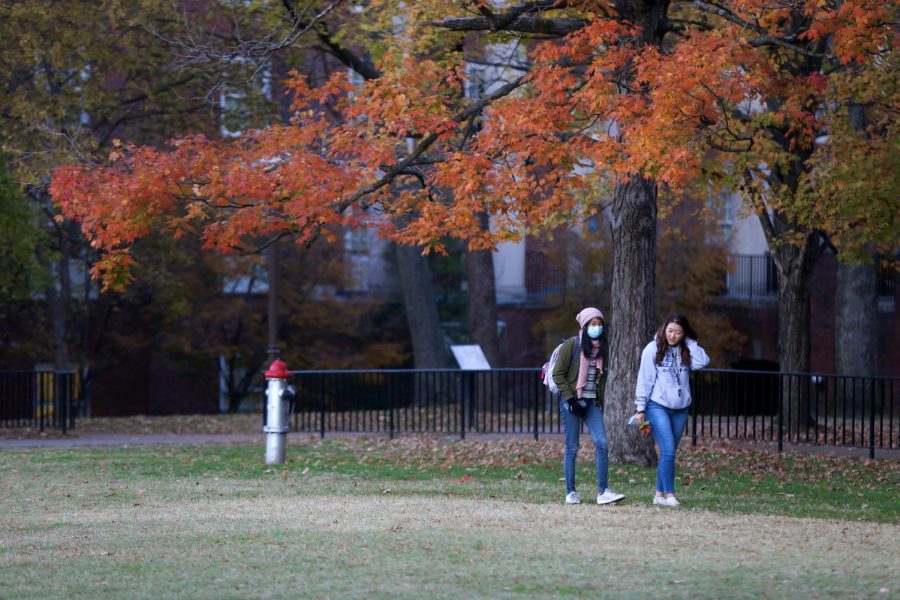Although it’s traditionally celebrated in May, Vanderbilt students came together to celebrate Asian American and Pacific Islander Heritage Month (APAHM) in October this year due to an abridged 2020 Spring semester.
At Vanderbilt, APAHM is recognized by various student organizations and marked by multiple events, such as film screenings and this year’s Community Action Week. However, it is perhaps most notably celebrated by Taste of Asia, an annual showcase of Asian cuisine put on by the Asian American Student Association (AASA). This year’s Taste of Asia took place Oct. 31 from 4:30-6:00 p.m. in the Library Lawn Tent.
APAHM celebrates the heterogeneity and distinctive identities that make up their community. Members of the APAHM planning committee, juniors Reena Zhang, Jack Mok and Tabitha Lee, decided the theme of APAHM and Taste of Asia would be “Spotlight.”
“[We have a] responsibility as Asian-Americans to advocate for ourselves and for other marginalized communities,” Zhang said.
Traditional dishes and food are the crux of many people’s cultural associations and a notable aspect of cultural and personal identity. In that same vein, many students recognize APAHM and its significance through cuisine.
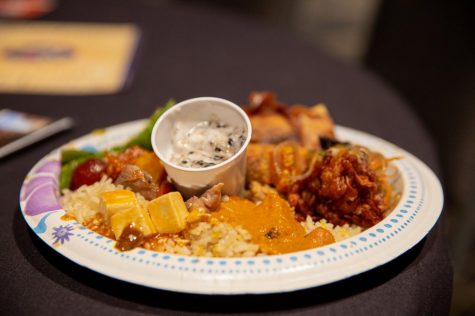
Mok excitedly recalled a sense of nostalgia when asked about his favorite dish: Yan Su Ji. Also known as Salt and Pepper Chicken, Yan Su Ji consists of crispy marinated chicken chunks that are fried in sweet potato starch. They are then doused in salt and pepper and tossed with fried basil.
“[It] has special significance to me because when I used to go to Taiwan, my mom’s home country, [it was] one of the most popular street foods. It was a treat to enjoy,” Mok said.
Zhang turns to her off-campus apartment to craft the meals that mean so much to her heritage. Specifically, she makes her mom’s Char Siu, a dish consisting of pork with a sweet and savory barbecue glaze. Often cut into slices, the dish can be served with ramen or rice, or in bao (steamed buns).
Lee said her favorite meal is Singapore Prawn Mee, which she describes as the Singaporean national dish. These complex flavors, differently from Char Siu, are more difficult to achieve without expertise in the kitchen (especially in a dorm setting). Lee moved to the United States when she was 10 and has not had the delicacy in over two years, but still feels its sentimental pull.
Zhang, Mok and Lee all agree that it can be difficult to connect with their culture and identity on campus. Homesickness can be amplified due to difficulty cooking familiar foods and a lack of authentic restaurants in Nashville. For Mok, the familiarity of food at Taste of Asia was a comforting factor in his transition to campus life and helped to bring him closer to his Asian-American identity. Mok’s love of cooking and cuisine has even extended to social media, where he and his roommate have a joint Instagram account to share the various Asian dishes that they recreate.
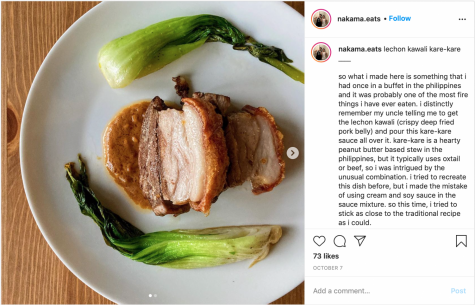
The three Commodores also touched on the reality of their experiences and civic mindsets as Asian-American students and how being Asian-American creates unique challenges.
Zhang explained that a number of APAHM events, mainly Community Action Week, have a central goal of increasing civic and general engagement from the Asian community. Personal feelings of having an intermediary identity make it more difficult to connect with civic involvement, leading to the tendency to gravitate towards like-identifying people, he said.
“[Many students] feel like they’re in the middle of being Asian and being American,” Zhang said. “It’s like not feeling fully Chinese [but also] not fully [identifying] as American.”
The challenge of assimilating while also preserving your own culture is one that many face, even with regard to food.
“Even though [American Chinese food] is not 100 percent representative of my childhood or my culture, I’m still kind of proud. I don’t identify with [American Chinese takeout], but I still want to be proud of it because it still kind of belongs to me,” Lee said.
Forming relationships with Vanderbilt students as well as Nashville food vendors has played a large role in the organizers’ motivation to explore their culture and share it with people through events like Taste of Asia, all the while creating a sense of family and home.
“It’s not necessarily about the quality of the food, but the relationship with the restaurant owners,” Lee said.
Despite their love for APAHM and the admittedly important role it plays in many other Asian-American students’ ability to appreciate their culture on a predominantly white campus, Zhang, Mok and Lee said that the month holds less importance within their households.
“[My parents] don’t need to celebrate APAHM,” Mok said. “The way that they do things every day is a celebration of their culture.”


